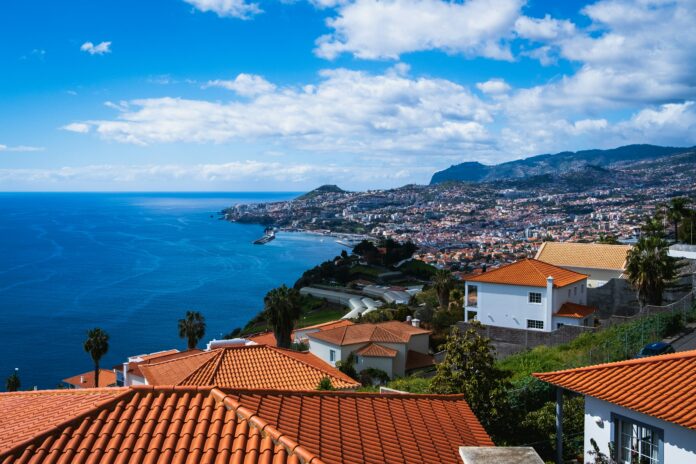On January 26, 2024, the President of Madeira (a Portuguese autonomous region) presented his resignation to the Portuguese Republic. Similar to what happened with the Portuguese Prime Minister last year, Miguel Albuquerque, a member of the Portuguese Social Democratic Party and President of the autonomous administration of Madeira, presented his resignation due to corruption investigations.
To contextualize, on January 24, two days prior to the resignation, the Mayor of Funchal (capital of Madeira archipelago) was arrested, along with two well-known businessmen. The investigation that led to the arrests placed Miguel Albuquerque under the spotlight for corruption offenses, and when that happened, Albuquerque resigned.
The President presented his resignation to the representative of the Portuguese President of the Republic, who accepted it and made it official. However, it will not come into effect yet.
As the Portuguese President of the Republic, Marcelo Rebelo de Sousa, explained, if the resignation of Miguel Albuquerque is accepted effective immediately, Madeira’s regional government and budget proposal fall. As it seems, such events would bring an unbearable uncertain future for the archipelago.
Furthermore, the Portuguese President also highlighted that he cannot dissolve the regional parliament until March 24 because the last legislative elections took place on September 24th, 2023, and, according to the legislation, the Government must be in power for, at least, 6 months.
Facing public questioning, the Portuguese President refused to speculate about a possible solution to the ongoing political crisis. However, it has been reported that he is getting ready to dissolve the parliament when the time comes.
In the meantime, the interrogations of detainees have already begun. The three men started being heard on the 31st of January, at the Justice Campus, in Lisbon.
It is still too early to make condemnations or even assumptions. However, according to judicial documents, the two politicians and the two businessmen established, over time, a close relationship that favored the business group, without regard to competition and public procurement laws.
On the side of the detainees, their lawyers, the Portuguese Lawyer’s Order, and the Superior Council of the Judiciary have shown preoccupation regarding the form of the arrest and of the interrogations. According to such entities, the three men were detained in order to be submitted to a first interrogation, which did not take place within the timeframe stipulated by the European Court of Human Rights.


